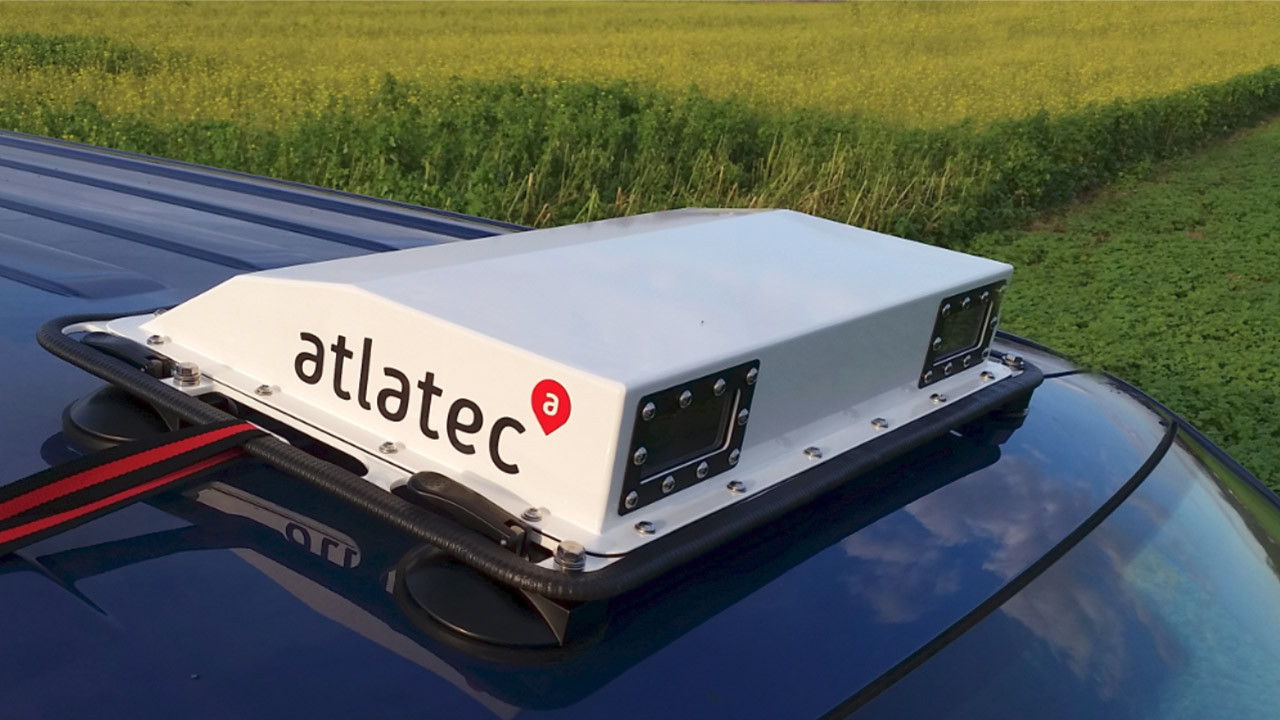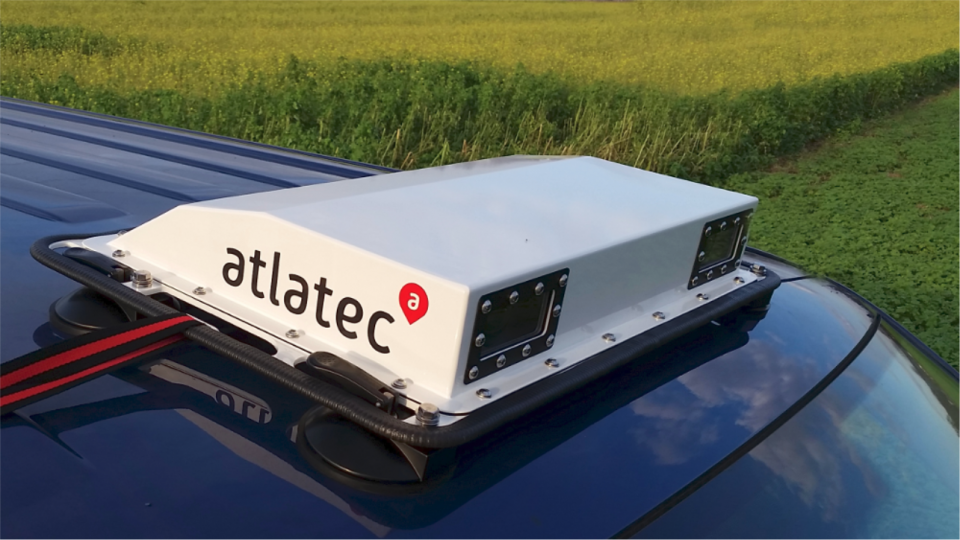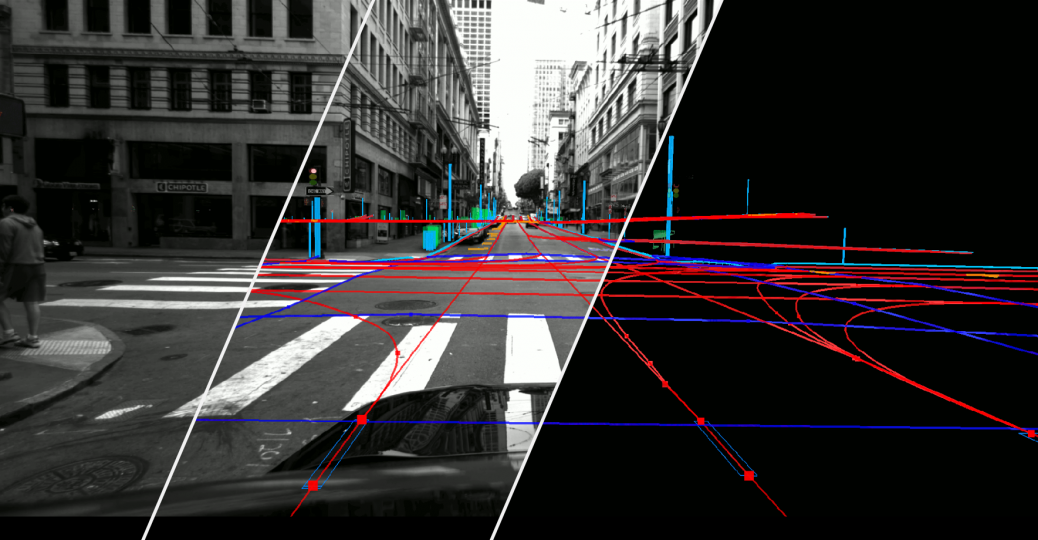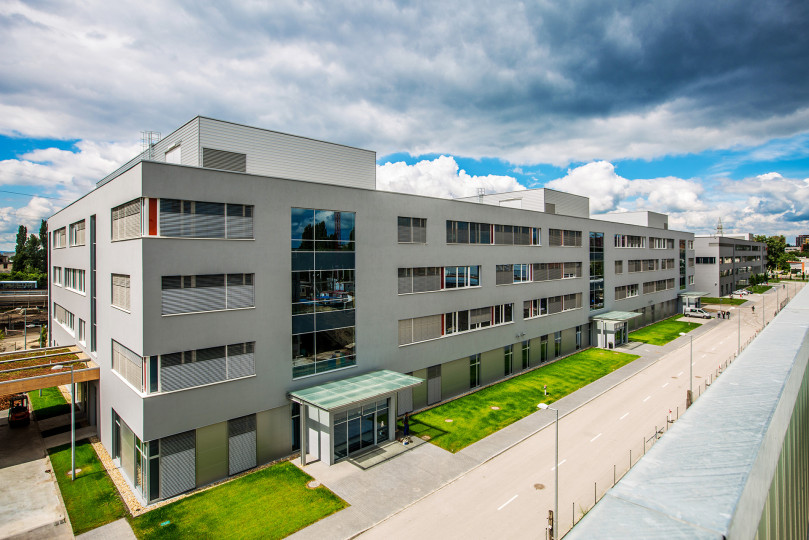Stuttgart, Germany – Bosch is expanding its expertise in automated driving and strengthening its market position with an acquisition. Atlatec GmbH, based in Karlsruhe, Germany, is to become part of the Bosch Cross-Domain Computing Solutions division as an independently operated company. Bosch and Atlatec have now signed agreements to this effect.
Complete self-driving solutions from Bosch
Atlatec is one of the world’s most innovative providers of high-resolution digital maps for driver assistance and automated driving. The company, which was spun off from the Karlsruhe Institute of Technology in 2014, employs around 25 people in Germany, Japan, and the United States. “The planned acquisition of Atlatec further expands our expertise in the field of high-resolution digital maps and makes us even more diversified. It makes Bosch the only company that can offer its customers all the necessary building blocks of automated driving – from actuators and sensors to software and maps – from a single source. We are thus consistently expanding our strong position in this area,” says Dr. Mathias Pillin, president of the Cross-Domain Computing Solutions division. “In Bosch, we have found the right partner for us as we take the next step in expanding our digital mapping expertise even further,” says Dr. Henning Lategahn, CEO of Atlatec GmbH. It has been agreed that the purchase price will not be disclosed. The acquisition is subject to approval by the antitrust authorities.
Digital maps are an additional sensor for automated driving
High-resolution digital maps play an essential part in making automated driving functions safe and convenient to use. Atlatec offers all the necessary building blocks for mapping from a single source: its portfolio includes not only data recording and processing but also creation of the maps themselves as well as the requisite quality control. In addition to onboard sensors featuring radar, video, and ultrasonic technology, digital maps are another indispensable sensor in automated driving. The information they contain relating to the vehicle’s surroundings and traffic events goes far beyond the detection range of a vehicle’s onboard sensors. For the creation of maps, Atlatec has developed a scalable solution with its own sensor box and associated software. The raw data this solution collects is analyzed using artificial intelligence (AI) and enriched with important information such as traffic signs and the sharpness of bends, as well as structural features such as streetcar tracks. Since the AI algorithms are continuously learning, the proportion of road and environmental features detected purely by AI is constantly growing. On the basis of information from the map, an autonomously driving car can, say, adjust its speed in good time before a tight bend.
Artificial intelligence for increasingly detailed maps
In the development of automated driving, digital maps play a crucial role right from the start. And the higher the degree of automation, the more closely map creation and driving strategy programming must be dovetailed. “Atlatec GmbH’s technology package for creating high-resolution maps makes the company an ideal addition for Bosch. The resulting mapping solution is very intelligent and agile, which sets it apart from other vendors. For example, the AI it uses identifies and maps road features such as guardrails and lane markings with the highest accuracy and consistency. This lets us design our driving strategy algorithms even more precisely,” says Dr. Stephan Hönle, senior vice president of the Automated Driving unit in the Bosch Cross-Domain Computing Solutions division. Atlatec is also a useful complement to Bosch’s road signature technology, which uses swarm data to enable self-driving cars to determine their exact position on the basis of digital maps. Bosch is successfully collaborating with various partners in the field of automated driving and mapping. Atlatec will complement these partnerships.
Bosch is working on every automation level from SAE Level 1 to 4
For Bosch, automated driving is a strategic area of business. The company is the innovation leader in this field. With driver assistance systems and the requisite sensor technology, it laid the foundation for all automation levels at an early stage. Bosch is taking a two-pronged approach. On the one hand, with the aim of making driving safer and more relaxed, it is developing solutions for private vehicles with a focus on driver assistance and on partially and conditionally automated systems (SAE Levels 1 to 3). On the other hand, the Bosch development team is also working on solutions for higher levels of automation, with a focus on fleet vehicles and new operating models. In the logistics sector in particular, the company sees attractive applications and huge business potential for SAE Level 4 automated driving systems. Moreover, Bosch has already developed automated valet parking, the first production-ready automated driving function not to require a driver at all.
Hungarian engineers at the forefront of self-driving technology development
Bosch is developing self-driving vehicle technologies in three locations around the world – Germany, the US and Hungary. "The Engineering Center Budapest, established in 2005, employs more than 2,700 people and has nearly 1,000 engineers working on highly autonomated and fully automated vehicle development projects. In recent years, a number of patented technologies related to artificial intelligence and self-driving vehicles have been created here. Most of them support the self-driving systems to analyse the traffic environment more accurately and predict the movements of other vehicles. Engineering Center Budapest is very attractive for Hungarian engineers, as they can actually be part of the R&D of today's cutting-edge technologies," added Zoltán Szőke, vice president engineering for automated driving in Hungary at Bosch.
Mónika Hack
+36 70 510 5516
Mobility Solutions is the largest Bosch Group business sector. According to preliminary figures, it generated sales of 45.4 billion euros in 2021, and thus contributed 58 percent of total sales from operations. This makes the Bosch Group one of the leading automotive suppliers. The Mobility Solutions business sector pursues a vision of mobility that is safe, sustainable, and exciting, and combines the group’s expertise in the domains of personalization, automation, electrification, and connectivity. For its customers, the outcome is integrated mobility solutions. The business sector’s main areas of activity are injection technology and powertrain periph-erals for internal-combustion engines, diverse solutions for powertrain electrification, vehicle safety systems, driver-assistance and automated functions, technology for user-friendly info-tainment as well as vehicle-to-vehicle and vehicle-to-infrastructure communication, repair-shop concepts, and technology and services for the automotive aftermarket. Bosch is synonymous with important automotive innovations, such as electronic engine management, the ESP anti-skid system, and common-rail diesel technology.
The Bosch Group is a leading global supplier of technology and services. It employs roughly 401,300 associates worldwide (as of December 31, 2021). According to preliminary figures, the company generated sales of 78.8 billion euros in 2021. Its operations are divided into four business sectors: Mobility Solutions, Industrial Technology, Consumer Goods, and Energy and Building Technology. As a leading IoT provider, Bosch offers innovative solutions for smart homes, Industry 4.0, and connected mobility. Bosch is pursuing a vision of mobility that is sustainable, safe, and exciting. It uses its expertise in sensor technology, software, and services, as well as its own IoT cloud, to offer its customers connected, cross-domain solutions from a single source. The Bosch Group’s strategic objective is to facilitate connected living with products and solutions that either contain artificial intelligence (AI) or have been developed or manufactured with its help. Bosch improves quality of life worldwide with products and services that are innovative and spark enthusiasm. In short, Bosch creates technology that is “Invented for life.” The Bosch Group comprises Robert Bosch GmbH and its roughly 440 subsidiary and regional companies in some 60 countries. Including sales and service partners, Bosch’s global manufacturing, engineering, and sales network covers nearly every country in the world. With its more than 400 locations worldwide, the Bosch Group has been carbon neutral since the first quarter of 2020. The basis for the company’s future growth is its innovative strength. At 128 locations across the globe, Bosch employs some 76,300 associates in research and development, of which more than 38,000 are software engineers.
Additional information is available online at www.bosch.hu, iot.boschblog.hu, www.bosch.com, www.iot.bosch.com, www.bosch-press.com, www.twitter.com/BoschPresse







